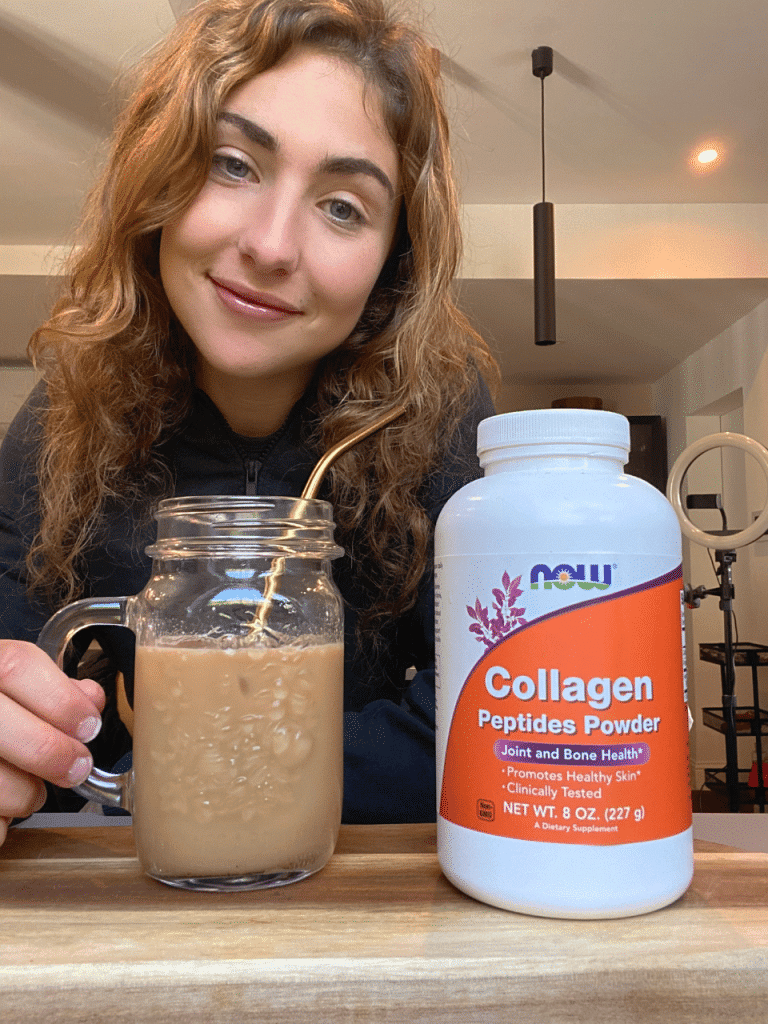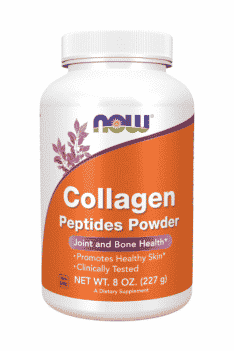If you’re addicted to your morning caffeine fix, turn it into a functional beauty beverage by adding collagen peptides powder. In this article, we’ll be providing a delicious and easy-to-make collagen coconut latte recipe.
First, let’s understand what collagen really is and why it’s so beneficial for us.
Collagen is frequently referred to as a “complex protein,” because it contains 19 distinct amino acids.
In this recipe, we’ll be using collagen peptides powder, which constitute the same amino acids and nutrients as collagen. The difference is that it is broken down through a process known as hydrolysis.
Hydrolyzed collagen may not only be dissolved in liquids, but it is easier for your stomach to break down and digest. It also has a high bioavailability and can be absorbed into the body better than regular collagen protein. Thus, giving you more nutritional value.
How to make Collagen Coconut Latte
Ingredients:
- 1 espresso shot
- 1 tbsp Collagen Peptides Powder
- 1 tsp coconut oil
- 1/4 cup coconut milk
Add the collagen to a cup, then add one espresso shot. Mix 1 tsp of coconut oil and add the coconut milk. Mix or blend well until creamy.

Collagen health benefits
Gut health: Collagen is a major component of our gut lining which means that after we eat it, it helps to regenerate the cells of this lining. It also assists with managing inflammation and has benefits for conditions like IBS or gluten intolerance.
Healthy hair: The amino acids in collagen not only help with collagen production but are building blocks for keratin which makes up healthy skin and hair cells. This means adding more protein can result in less breakage and more shine!
Skin firmness: Collagen tends to give skin its strength and firmness. Keeping a sufficient amount of collagen in your body is critical for structural health and preventing signs of aging in your skin. Collagen is also what keeps our skin plump and youthful by preventing it from sagging.
Joint and bone support: Collagen is required for the proper functioning of our muscles, bones, and joints. When we lose this essential protein, our connective tissues (including tendons and ligaments) begin to move more slowly, resulting in stiffness, swollen joints, and other symptoms. Collagen, with its gel-like, seamless structure that covers and holds our bones together, allows us to glide and move freely.

